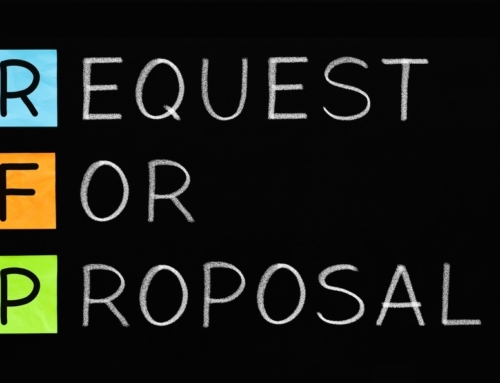New York City’s “Freelance Isn’t Free Act” law took effect Monday, putting in place new rules on how buyers must deal with independent contractors.
“Freelancers aren’t free,” Mayor Bill de Blasio said. “It’s now the law in New York City that they be paid on time, have the written contracts they deserve and have the tools to defend their rights.”
The city had an event rolling out the law on Monday.
“Starting today, New York City will be the first city in the nation to protect freelancers and independent contractors from getting stiffed,” New York City Council Member Brad Lander said in a statement.
According to the city, the law:
- Requires contracts worth $800 or more between freelance workers and buyers to be in writing. This includes agreements that total $800 in any 120-day period.
- Requires buyers to pay freelance workers on or before the date in the contract, or if the contract doesn’t specify a date, within 30 days after the work is completed.
- Provides the right to sue in court to seek double the unpaid amount, damages for retaliation, damages for failing to enter into a written contract, and attorneys’ fees and costs.
- Protects freelance workers against retaliation for asserting their rights under the law.
- Provides freelance workers the right to file a complaint with the New York City Department of Consumer Affairs’ Office of Labor Policy & Standards. Buyers must respond to the complaint in writing within 20 days. If they do not respond to a complaint within 20 days, the freelance worker will receive a “rebuttable presumption” in their favor when they bring their complaint to court, which means the judge should presume the hiring party committed the violations.
- Creates a court navigation program within Department of Consumer Affairs to provide freelance workers with information about the law, the court process, sample court forms, court services and worker classification among other things.
The law affects an estimated 500,000 freelance workers, according to the city. Penalties under the law can range to as high as $25,000 for buyers with a pattern of violations.
Attorney Cindy Schmitt Minniti of law firm Reed Smith told Crain’s New York Business that buyers must make sure their contracts have been reviewed; damages under the law are much lower than potential difficulties if a court finds employees have been misclassified as independent contractors.









